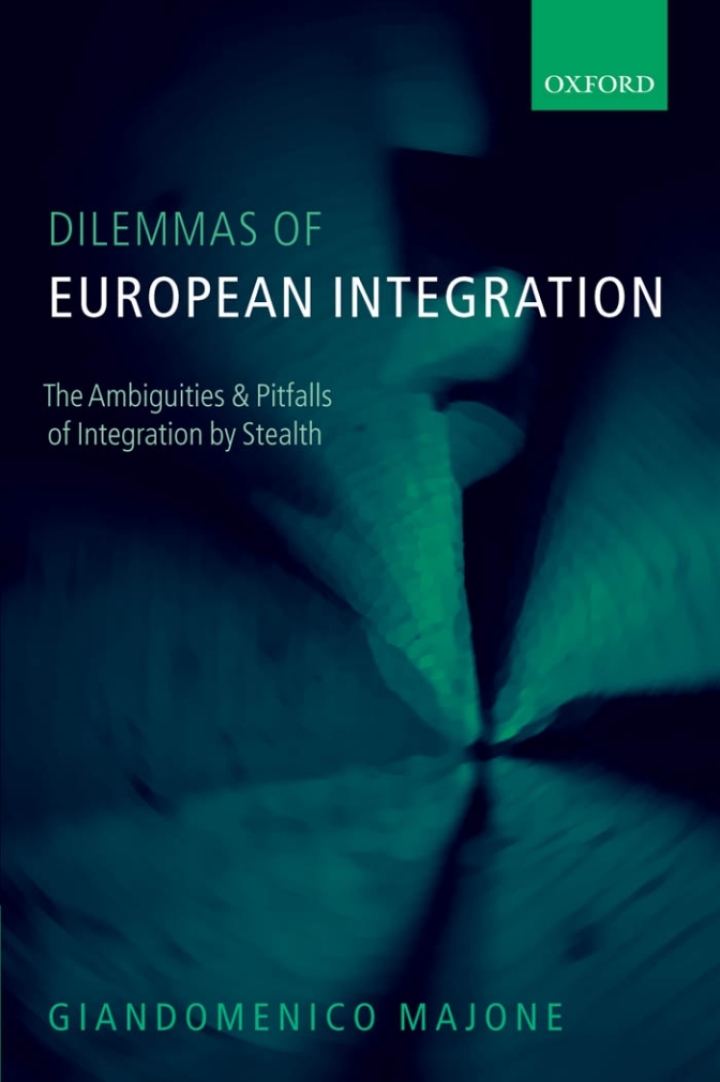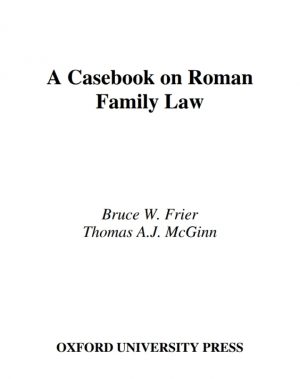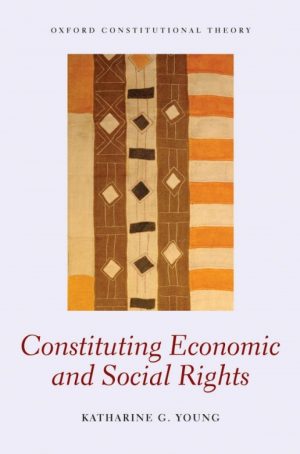Dilemmas of European Integration The Ambiguities and Pitfalls of Integration by Stealth
$24.38
Attention: This is just ebook, Access Codes or any other Supplements excluded! / File Delivery: Sent Via Email within 24 hours!
SKU: 02abcc81de3c
Category: Law Textbooks
Description
-
Author(s)Giandomenico Majone
-
PublisherOUP Oxford
-
FormatPDF
-
Print ISBN
9780199274307, 0199274304 -
eText ISBN
9780199274307, 0199274304 -
Edition
-
Copyright
- Details
If one lesson emerges clearly from fifty years of European integration it is that political aims should be pursued by overtly political means, and not by roundabout economic or legal strategies. The functionalist strategy of promoting spillovers from one economic sector to another has failed to achieve a steady progress towards a federal union, as Jean Monnet and other functionalists had hoped. On the other hand, the unanticipated results of ‘integration through law’ have included over-regulation and an institutional framework which is too rigid to allow significant policy and institutional innovations. Thus, integration by stealth has produced sub-optimal policies and a steady loss of legitimacy by the supranational institutions. Both the functionalist approach and the classic Community Method are becoming obsolete. This major new statement from a leading European scholar provides the most thorough analysis currently available of the pitfalls and ambiguities of 50 years of European integration, without losing sight of its benefits. Majone provides a clear demonstration of how a number of European policies – including environmental protection – lack a logically defensible rationale, while showing how, in other cases, objectives may be better achieved by re-nationalizing the policy in question. He also shows how, in an information-rich environment, co-ordination by mutual adjustment becomes possible, meaning that member states are no longer as dependent on central institutions as in the past. He explains how the challenge for future research is to investigate methods-other than delegation to supranational institutions-by which member states can credibly commit themselves to collective action. Dilemmas of European Integration concludes by explaining exactly why the model of a United States of Europe is bound to fail-not just due to lack of popular support, but because it finds itself unable to deliver the public goods which Europeans expect to receive from a full fledged government. Although failing as a would-be federation, the present Union could become an effective confederation, built on the solid foundation of market integration. The new Constitutional Treaty, Majone argues, seems to point in this direction.





